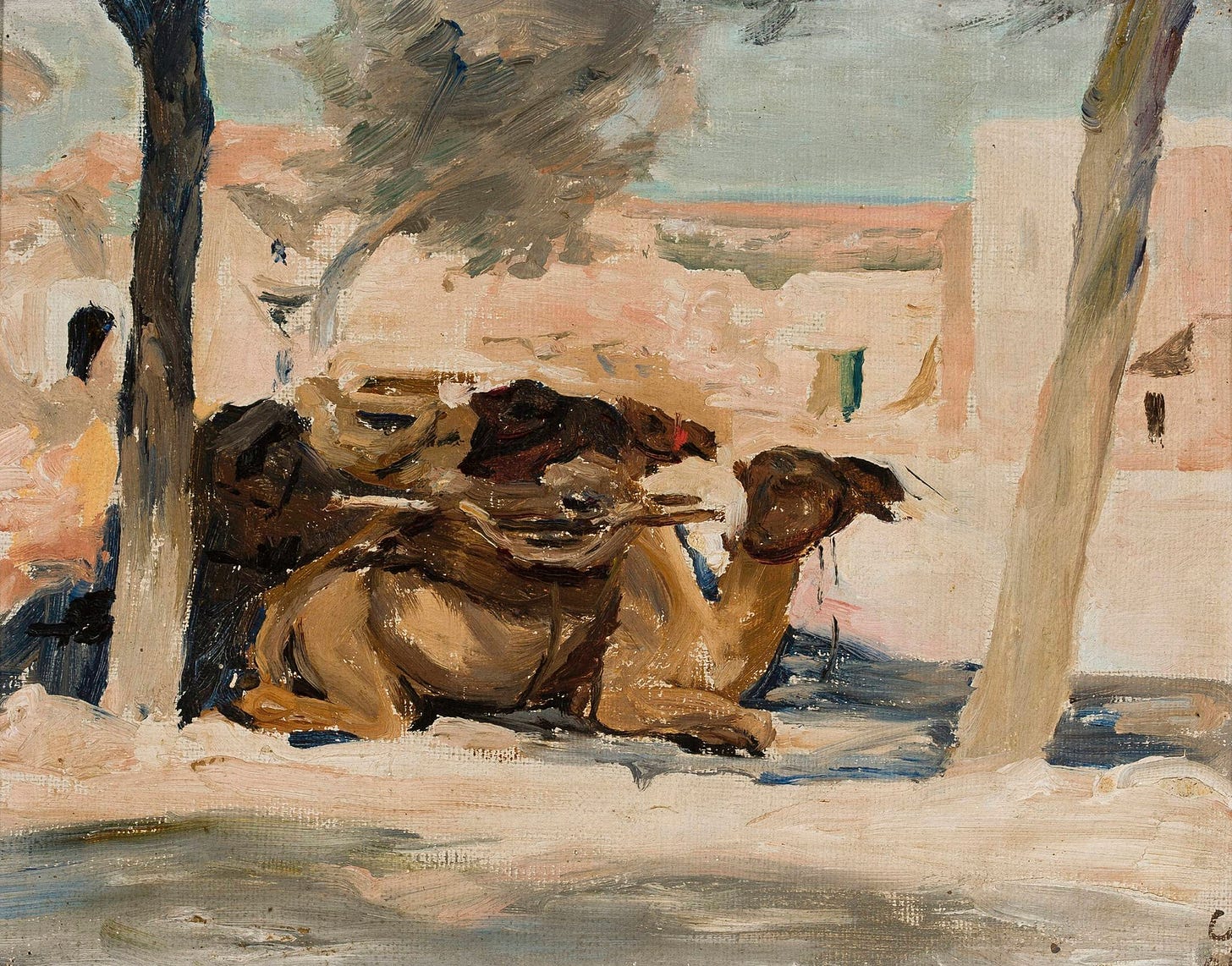I don’t mean to be a broken record but the prophetic hadith “tie your camel and trust in God” has been on my mind quite a lot in recent weeks and months. Last week, a group of us, including five former ambassadors, went live with an open letter to President Biden calling for swift action to reverse Tunisia’s descent into full-blown dictatorship. Wisdom …
Substack is the home for great culture




